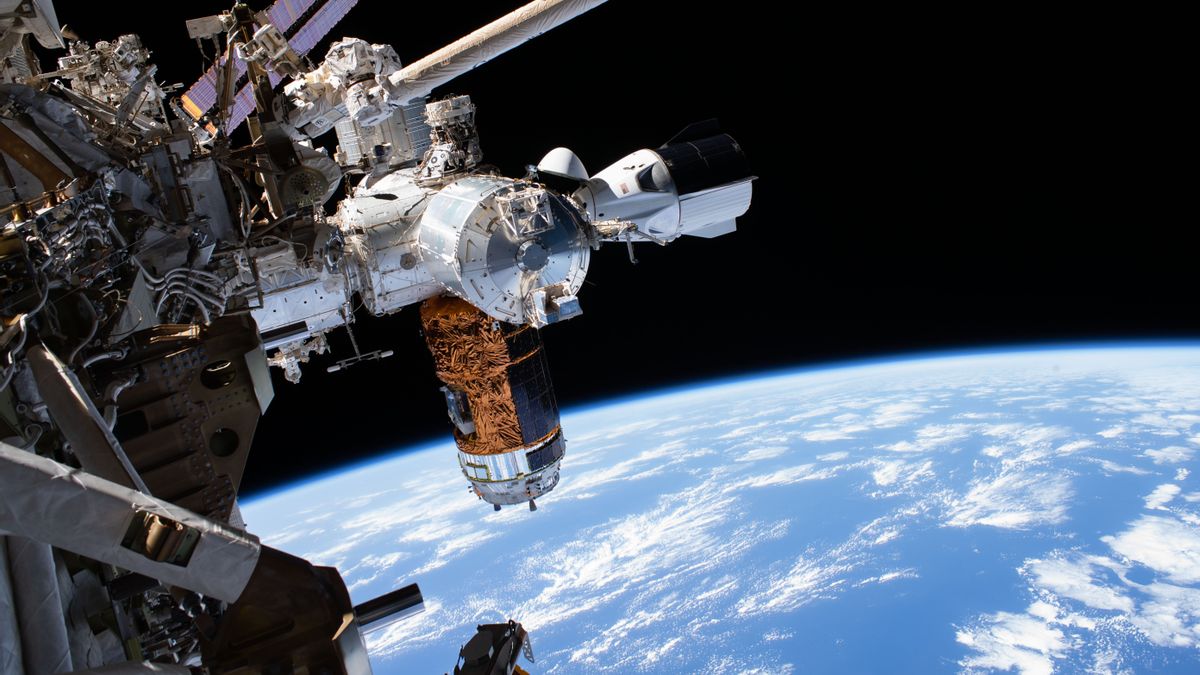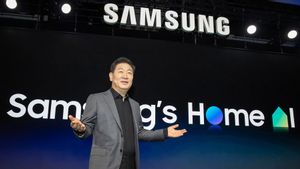JAKARTA - Millions of citizens of the United States (US) will channel their voting rights in the Presidential Election on November 3, 2020. Not only those who are on earth, the three astronauts who are in outer space still give their voting rights.
Launching The Verge, Wednesday, September 30, there are at least three astronauts who will participate in the election from outer space, they are Michael Hopkins, Victor Glover, and Shannon Walker from SpaceX Crew-1 mission. This includes NASA astronaut Kate Rubins who is scheduled to arrive on the ISS on October 14.
"We all plan to vote from outer space. NASA is working very well with different constituencies, because we all vote from different locations. But it's easiest for us to just say we're going to vote from outer space. So that's what we're going to do," said Rubins. in his press statement.
Four astronauts are ready for the Oct. 31 launch of the first fully operational crewed flight aboard a commercial spacecraft. Get to know them and read about the @SpaceX Crew-1 mission: https://t.co/7txjMkISHy pic.twitter.com/tDlN3PhTKv
- NASA (@NASA) September 29, 2020
Unlike the processes on earth, these astronauts will use special methods in order to remain able to cast their votes in the US Presidential Election. They will later give their voting rights on the International Space Station (ISS).
As published on the NASA page, the voting process for astronauts is carried out one year before serving in space. They must determine the type of general election (election) that will be followed while in space, namely local, state, or federal elections.
So before flying, NASA astronauts fill out a Federal Postcard Application, which is a form that members of the military use for a no-show vote when deployed. Once approved, NASA will send a ballot file that astronauts from outer space can fill out.
"NASA works very well with different electoral organizations, because we all vote in different countries. But it's easiest for us to just say we're going to vote from outer space, so that's what we're going to do," he continued.
The process of voting for astronauts in outer space began in 1997 or 3 years before scientists started working and living on the ISS. The first US citizen who succeeded in casting his voice from the sky was David Wolf, who was then aboard the Russian space station, Mir.
The English, Chinese, Japanese, Arabic, and French versions are automatically generated by the AI. So there may still be inaccuracies in translating, please always see Indonesian as our main language. (system supported by DigitalSiber.id)








